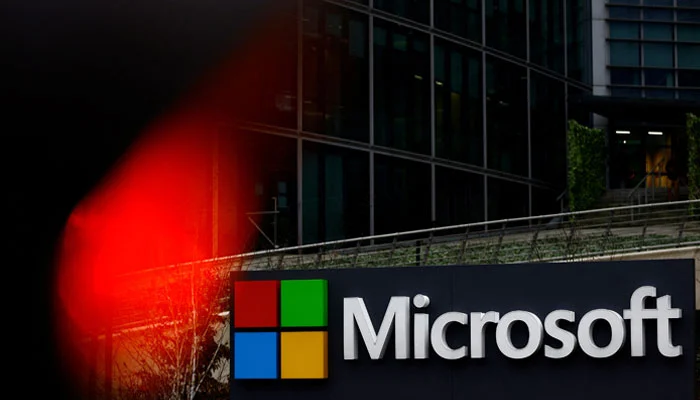Concerns have been voiced by Canalys Research regarding Microsoft’s decision to stop supporting the Windows 10 operating system, which might lead to the disposal of about 240 million PCs and increase landfill trash.
It is estimated that the electrical garbage produced by these PCs weighs 480 million kilogrammes, or 320,000 vehicles.
Even while many PCs would still work once OS support ends, Canalys issued a warning, saying that there might not be much of a market for hardware without security updates.
Microsoft has declared that, for an unspecified yearly fee, security updates for Windows 10 devices will be provided until October 2028.
On the other hand, Canalys contends that if the price structure adheres to past patterns, upgrading to newer PCs may become more affordable, resulting in a greater proportion of older
The plan by Microsoft to stop supporting Windows 10 by October 2025 may lead to an increase in electronic trash.
The paper highlights that the upcoming Windows 11, which is anticipated to bring cutting-edge artificial intelligence capabilities, could potentially revive the flagging PC market.
Regarding questions concerning the environmental effects of getting rid of devices that aren’t compatible with Windows 11, Microsoft hasn’t answered yet.
According to the paper, recycling parts like hard drives from servers and personal computers can help develop sustainable technologies like wind turbines and electric cars, which can help meet the world’s rising demand for electricity.
Peter Afiuny, Chief Commercial Officer of Noveon Magnetics, highlights the significance of repurposing computers that have reached the end of their lives for sustainable technology.
Redwood Materials, a battery recycling company, emphasizes the possibility for almost unlimited







